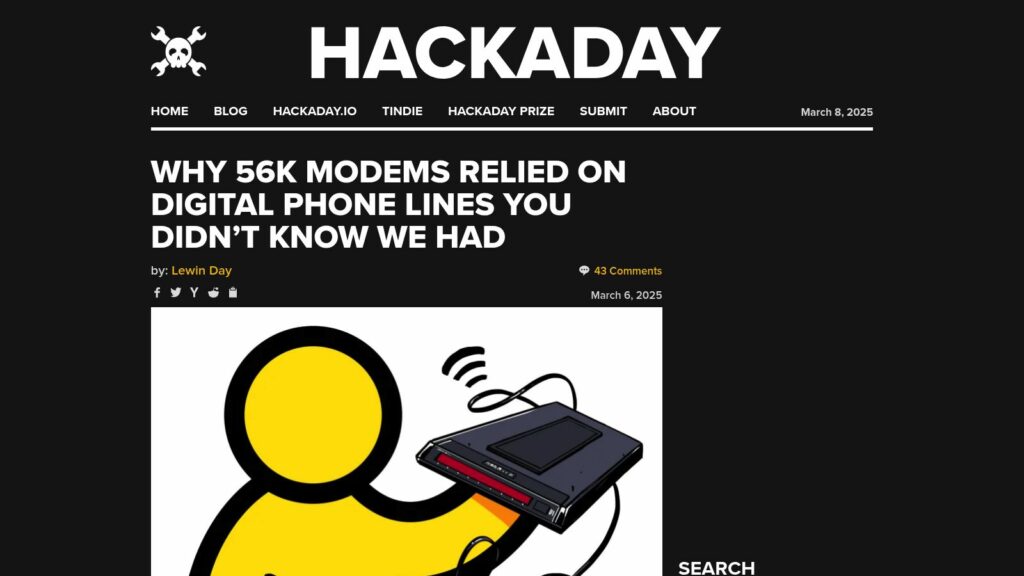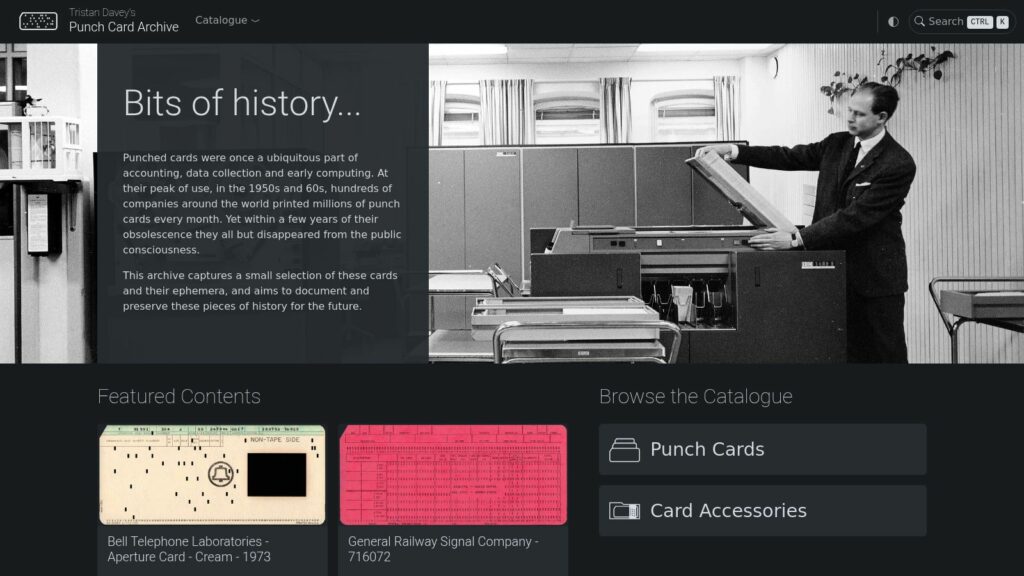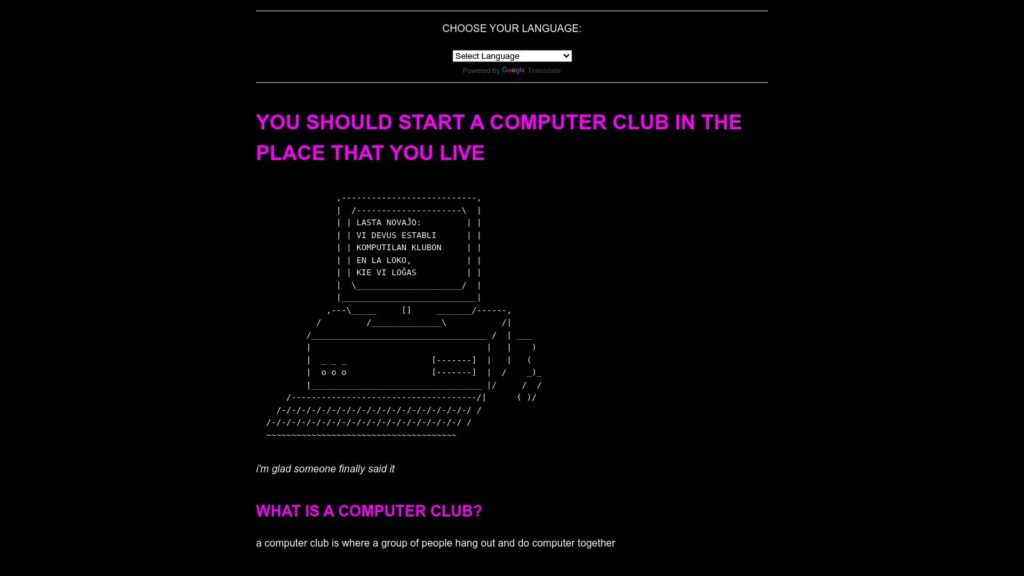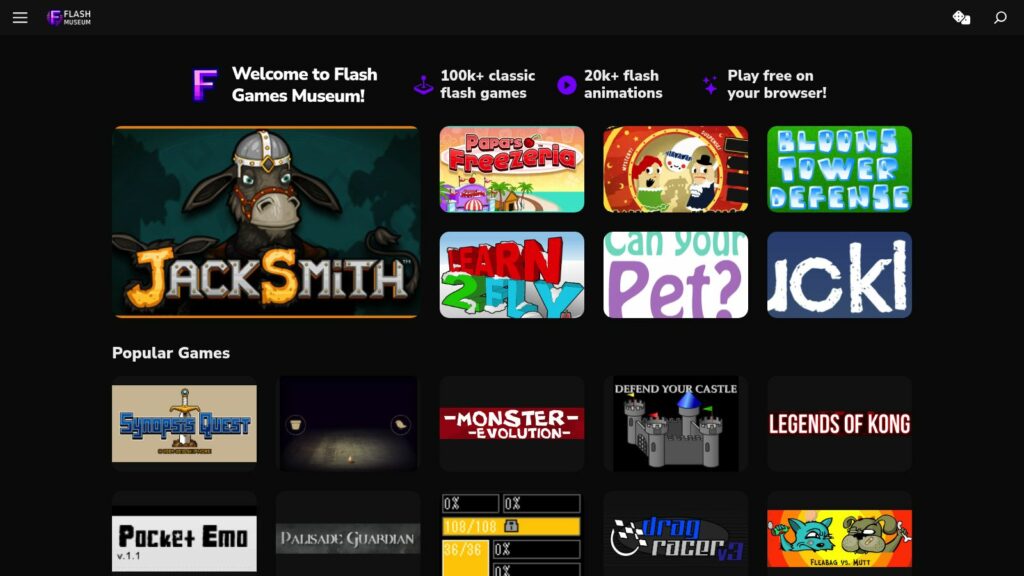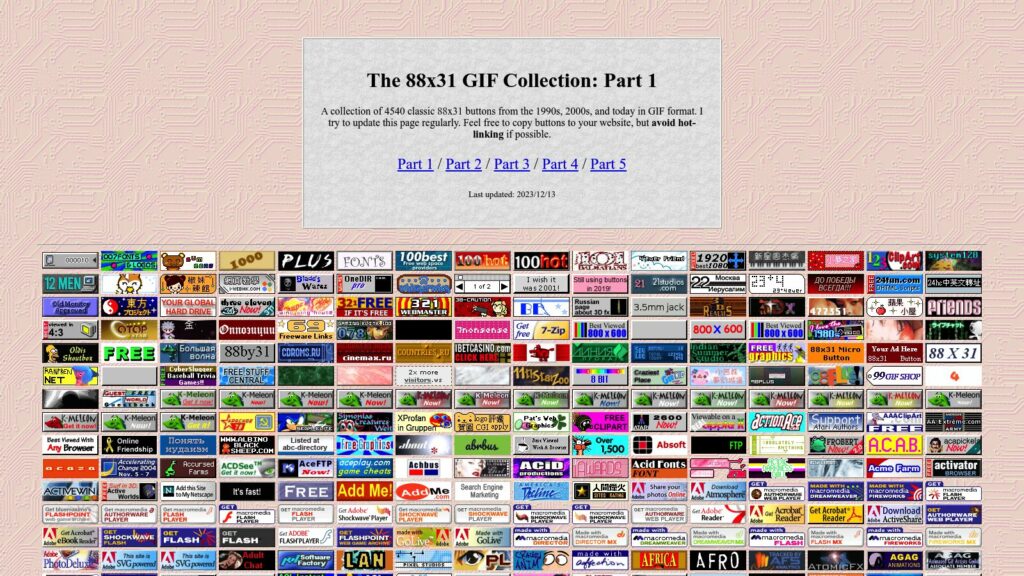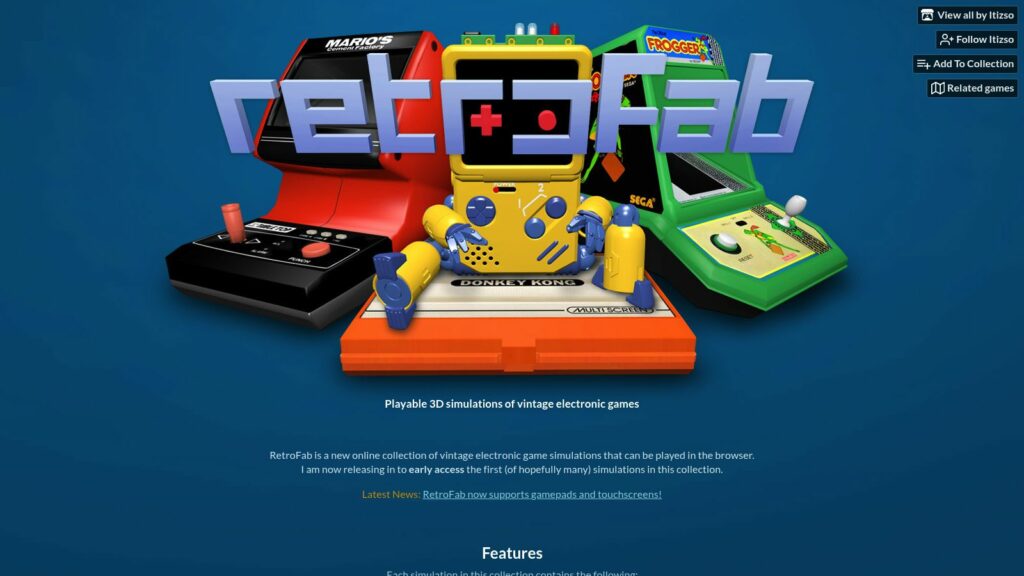Graphing Calculator Story
In 1985, Ron Avitzur began developing Pacific Tech’s Graphing Calculator while under contract with Apple, which faced cancellation due to office politics. Determined to finish his work, he unofficially continued using Apple facilities, gaining support from engineers. After collaborating with friends and introducing innovative software, they managed to complete the project. Despite security issues, their efforts resulted in the inclusion of their software in over twenty million Macintosh computers. Their motivation stemmed from a desire to aid education and the thrill of showcasing the PowerPC’s capabilities. Eventually, they legitimized their work by licensing it to Apple.
Graphing Calculator Story Read More »


